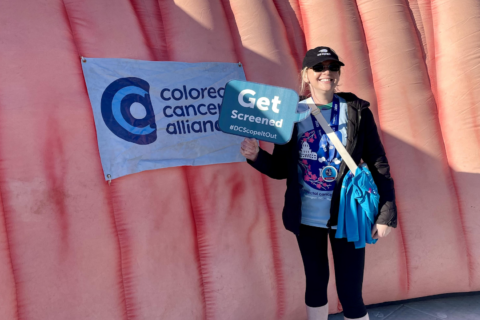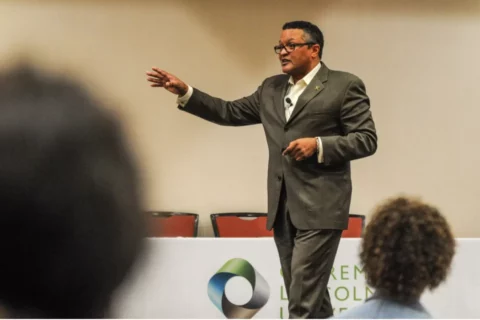We are now in the middle of what some road safety advocates refer to as the 100 deadliest days — the time between Memorial Day and Labor Day when millions of Americans hit the road. Whether by car, by bike or on foot, there’s more people traveling, more traffic and more crashes.
Just since Memorial Day, the numbers show people getting hurt in crashes has ticked up slightly. Before Memorial Day, D.C. averaged nine major injuries every 10 days and one fatality every 10 days on its roads, according to city data. Since Memorial Day, there have been 11 major injuries and two fatalities every 10 days.
Approaching the holiday weekend, many Americans will spend the next four days with barbecue and beverages. But a trip to see the fireworks or to the next barbecue is a bad decision if you’ve been imbibing.
“We continue to see about a third of our crashes are tied to impairment,” said Rick Birt, director of the D.C. Office of Highway Safety. “Alcohol, drugs, medication, a lot of things that people don’t think impair them behind the wheel.”
He’s pushing anyone out celebrating the Fourth of July with alcohol or drugs to use the free Sober Ride offer through Lyft from the Washington Regional Alcohol Program, which kicks off at 3 p.m. Thursday.
Even those who are sober when they get behind the wheel, but drive in an aggressive or unsafe manner, will be highly sought after by police.
“We continue to see that speed is a leading cause of fatalities, injuries and crashes,” said Birt. “About one-third of the crashes that happened last summer were tied to speed. So my big message is slow down. It’s not worth it. Speeding does catch up with you.”
He noted D.C. police have been conducting weekly traffic safety checkpoints, and beyond that, the department will be cracking down on speeding the rest of the summer.
“We obviously have a historic investment in our automated traffic enforcement,” Birt said. But D.C. officers are “looking for those dangerous motorists, so slow down to get where you’re going safely. It’s not worth it.”
Birt also pointed out that with more distractions in the car — about a third of drivers admit to using their cellphones while driving — it’s also important for anyone on the road but not in a car to pay attention to what’s going on around them.
More than 2,100 teenagers are killed in car crashes every year, and AAA said 31% of those crashes happen during the summer months, which is why this time of year is referred to as the 100 Deadliest Days. Six of every 10 total crashes involving teens were caused at least in part by distracted driving, the organization said.
D.C. tracks road fatalities on its Vision Zero dashboard.
Get breaking news and daily headlines delivered to your email inbox by signing up here.
© 2024 WTOP. All Rights Reserved. This website is not intended for users located within the European Economic Area.








